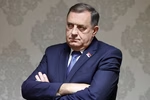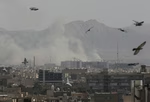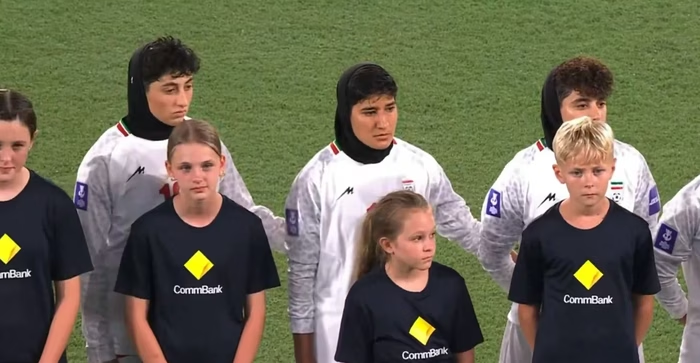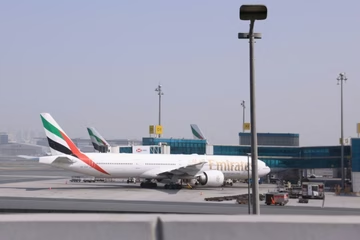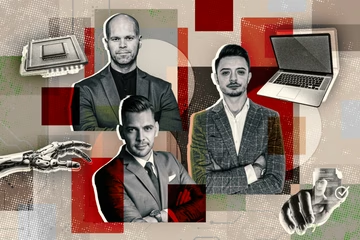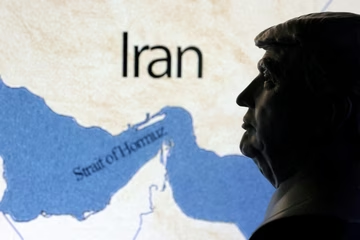'If I want to stay here and not be criticized, I better look for another job'
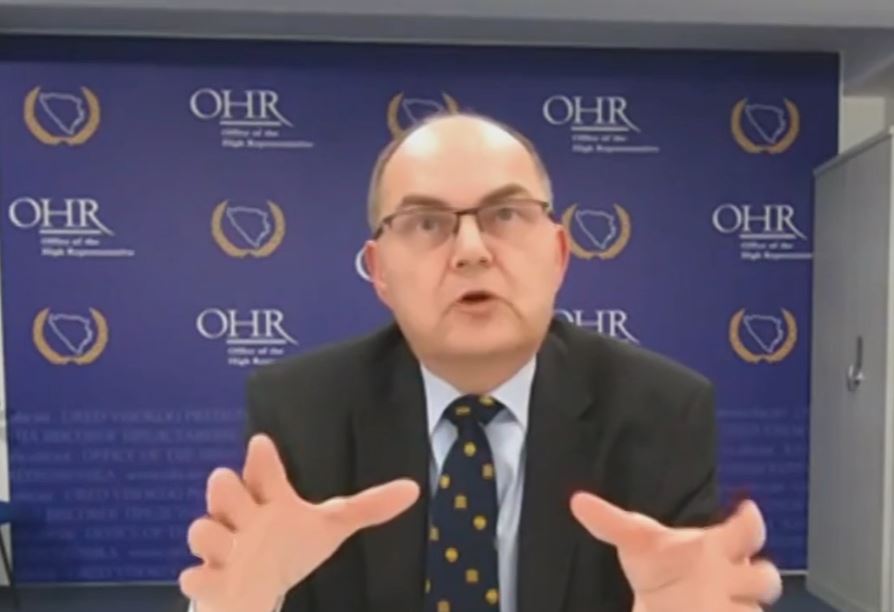
After the hearing before the European Parliament's Committee on Foreign Affairs last week regarding his decision to amend Bosnia's electoral legislation on election night, international peace envoy in the country, High Representative Christian Schmidt, spoke about the same matter before the UK Parliament Foreign Affairs Committee on Monday.
Contrary to the European Parliament's session, largest part of the session this Monday was open for public. According to the schedule published on the Parliament's website, there was a private part of the meeting from 3:45 to 4 p.m.
Asked how the reforms he passed moved the country away from ethno-nationalism and why his decision affected only the Bosniak-Croat Federation entity (FBiH), not the Serb-majority Republika Srpska (RS), Schmidt replied that this decision referred mainly to the Federation's functionality.
“You cnnot expect the High Representative to solve all the problems of the last 27 years,” he stressed, reminding that this part of the country did not manage to elect new government or the presidency after the past elections so he wanted to make it functional again.
“In shortest time ever we have functioning parliaments and we are on the way to get presidency and government,” he said, noting that this does not solve the issue of parliamentary structure being less ethnic but that he did one thing and reduced the influence of the Vital National Interest, a mechanism giving the right to ethnic groups to impose veto on decisions.
Asked to comment on the criticism that followed after the leaked document from July last year which contained the initial electoral reform proposal, Schdmit replied:
“If I want to stay here and not be criticized, I better look for another job.”
Speaking of the government formation process in the Federation entity, Schmidt said he did unblock it but that it is not on him to form the government.
“We have a situation where the Eight (coalition) holds majority in the House of Representatives, and in the House of Peoples, in the Bosniak Caucus the SDA (opposition party) managed to get majority with some coalition partners,” explained Schmidt, adding that they will now have to negotiate.
Asked if he might use his powers to remove from office those officials in Republika Srpska entity who are under the UK and US sanctions for anticonstitutional acts that threaten the integrity of Bosnia and Herzegovina, Schmidt replied that sometimes he wished to be as Paddy Ashdown, British diplomat, and one of the former High Representatives in BiH.
According to Schdmit, Ashdown worked in a different environtment that included very strong presence of international police.
“I would not exclude it but I have not done it yet,” Schmidt noted, stressing the importance of considering the financial sanctions instead.
Republika Srpska is not the richest part of Bosnia and Herzegovina and it needs financial support, he stressed, adding that its President Milorad Dodik's recent decision to award Russia's Vladimir Putin created a different environment.
He recalled that the European Union and Germany already blocked financial assistance for the entity and that now there are talks underway to do the same with the International Monetary Fund.
Commenting on the recently held celebration of the unconstitutional January 9 Republika Srpska Day, he reiterated that next year's January 9 will not happen the same way and will not take place as it has taken.
Asked about the Russian influence in Bosnia and Herzegovina, he mentioned Dodik and his SNSD party having many relations with Russia.
He expressed concern over the Wagner group recruiting centres seen in Serbia, stressing that the international community will need to react if such thing happens in Bosnia too.
He also stressed the need of a joint international position on this.
As for the allegations that he favoured the Bosnian Croat HDZ party when he imposed the Election Law amendments, Schdmit strongly denied that he made advantage or gave preference to anyone as the figures after the elections remained same as they were before.
“I recommend not to go for revolutionary decisions in this country, because you don't know exactly where it leads to”.
Asked to comment on the criticism regarding the award he was given by Croatia, which was also previously given to some convicted war criminals, Schmidt replied that he was not allowed to take it as a member of the government and that he received it in 2012 when he was “out of government.”
As for alleged influence of Croatia on his decision to amend Bosnia's Electoral Law, he dismissed it and stressed that he “made my decisions on my own.”
Speaking about the interference of the neighbouring Serbia and Croatia in internal matters of Bosnia and Herzegovina, he said it is important that neither of these two countries question territorial integrity of Bosnia and Herzegovina. However, he mentioned Croatian President Zoran Milanovic as a poitician who interferes with Bosnia's internal matters. As an example he recalled of Milanovic's idea of conditioning Sweden's and Finland's acceptance in NATO with changes to Bosnia's Electoral Law.
Schmidt said he was happy that the Parliament of Croatia did not follow this idea.
In the end of the hearing, Schmidt strongly dismissed making “a deal” with Republika Srpska President Milorad Dodik about the state property.
“It is a complete nonsense,” he underlined.
Kakvo je tvoje mišljenje o ovome?
Učestvuj u diskusiji ili pročitaj komentare





 Srbija
Srbija
 Hrvatska
Hrvatska
 Slovenija
Slovenija










